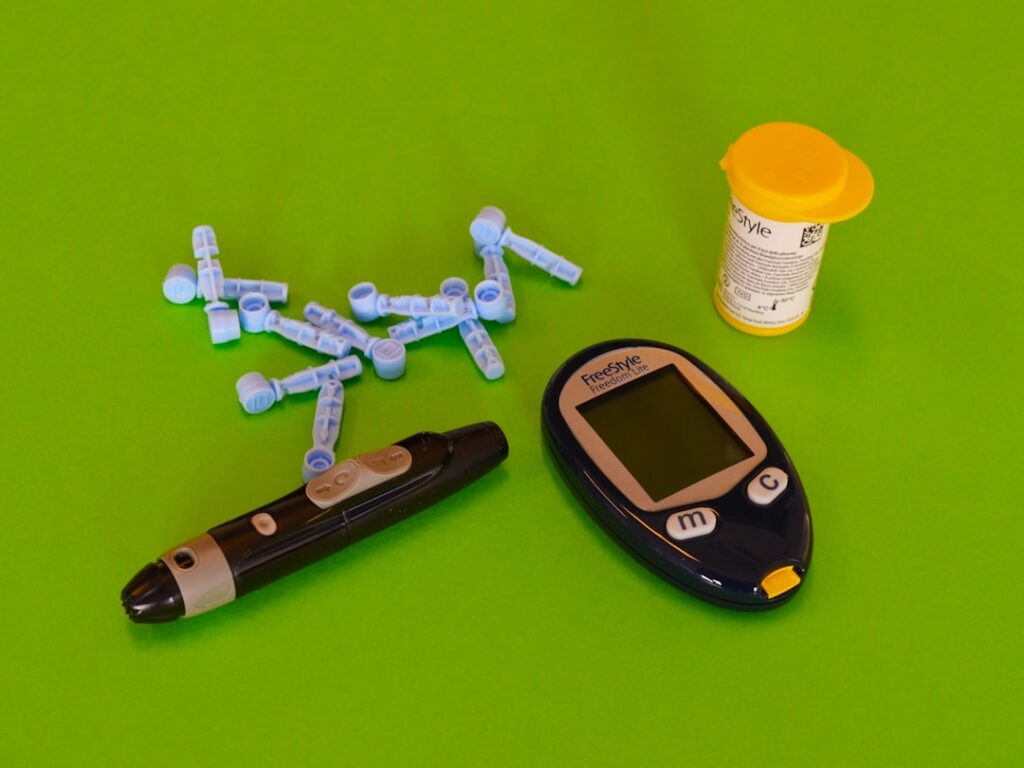AI Tools for Health Tech: Revolutionizing the Future of Healthcare
The integration of AI tools for health tech is transforming the healthcare landscape, offering innovative solutions that enhance patient care and streamline operations. As technology continues to evolve, healthcare providers are leveraging AI to improve diagnostics, treatment planning, and overall patient outcomes. In this article, we will explore the various applications of AI tools in healthcare, their benefits, and their impact on the future of health tech.
Understanding AI Tools in Healthcare
AI tools in healthcare refer to software and systems that utilize artificial intelligence to perform tasks that typically require human intelligence. These tools analyze vast amounts of data, enable predictive analytics, and support decision-making processes in medical environments.
Key AI Technologies in Health Tech
- Machine Learning: Algorithms that enable computers to learn from and make predictions based on data.
- Natural Language Processing (NLP): AI’s ability to understand and interpret human language, assisting in clinical documentation and patient interactions.
- Computer Vision: Technology that allows computers to interpret and make decisions based on visual data, crucial in radiology and diagnostics.
Applications of AI Tools in Healthcare
AI tools for health tech have a variety of applications, improving efficiency and effectiveness in many areas.
Enhanced Diagnostics
AI enables healthcare professionals to achieve more accurate diagnoses. For instance:
- Imaging Analysis: AI systems can analyze medical images like X-rays and MRIs faster and often more accurately than human radiologists.
- Predictive Analytics: AI tools analyze clinical data to predict the likelihood of diseases, helping in early detection and prevention.
Personalized Treatment Plans
AI tools aid in creating tailored treatment plans for patients. These tools consider individual patient data, including genetics and lifestyle, to recommend the most effective treatments.
Benefits of AI Tools in Health Tech
The implementation of AI tools in healthcare offers numerous benefits that can enhance patient care and operational efficiency.
Improved Patient Outcomes
With the capability to analyze data on a massive scale, AI tools can identify the best treatment pathways, lead to earlier diagnoses, and optimize care management, resulting in better patient outcomes.
Increased Efficiency
AI automates many routine tasks, such as data entry and appointment scheduling, alleviating the administrative burden on healthcare staff. This allows medical professionals to focus more on patient care.
Challenges and Considerations
Despite the many advantages, there are challenges associated with implementing AI tools in healthcare.
Data Privacy Concerns
The use of AI tools raises important questions about data privacy and security. Ensuring that patient data is protected in compliance with regulations is paramount.
Integration with Existing Systems
Integrating AI tools with current healthcare systems can be complex and may require significant investment in training and resources.
The Future of AI in Health Tech
As the healthcare sector continues to embrace AI technologies, the future of health tech looks promising. Ongoing advancements in machine learning, data analytics, and natural language processing will further enhance the capabilities of AI tools.
Emerging Trends
The potential for AI in personalized medicine, remote patient monitoring, and telehealth solutions will likely grow, paving the way for a more efficient and patient-centered healthcare system.
Conclusion
AI tools for health tech are not just a trend; they represent a fundamental shift in how healthcare is delivered. Their ability to analyze data and support clinical decisions is proving invaluable, making healthcare more efficient, effective, and personalized. As we continue to navigate the complexities of healthcare, AI will undoubtedly play a pivotal role in shaping the future of patient care.
The Role of AI Tools in Patient Diagnosis
AI tools for health tech are transforming the landscape of patient diagnosis by enabling healthcare providers to analyze vast amounts of medical data quickly and accurately. With the help of machine learning algorithms, these tools can identify patterns and anomalies in imaging, lab results, and patient histories that may be overlooked by human eyes. For instance, AI systems can recognize early signs of conditions such as cancer from radiology images, offering a degree of precision and speed that enhances the diagnostic process. This leads to earlier intervention and better patient outcomes.
Enhancing Treatment Personalization
Another significant benefit of AI tools for health tech is their ability to tailor treatments to individual patients. By analyzing data from various sources, including genetics, lifestyle, and previous treatment responses, AI can support healthcare providers in creating personalized treatment plans. This level of customization increases the likelihood of successful treatment outcomes and minimizes the risk of adverse effects. AI-driven insights allow for a more nuanced understanding of patient needs, ensuring that each individual receives care tailored to their unique circumstances.
AI in Healthcare Administration
AI tools for health tech are not limited to direct patient care; they also play a crucial role in healthcare administration. These tools can streamline operations, reduce costs, and improve patient management by automating administrative tasks such as scheduling, billing, and patient follow-ups. By reducing the burden on healthcare staff, AI allows them to focus more on patient care rather than paperwork. Moreover, predictive analytics can help organizations forecast patient flow and resource needs, leading to more efficient healthcare delivery.
Future Prospects of AI in Health Tech
Looking ahead, the integration of AI tools in health tech is expected to continue evolving, with potential advancements in predictive medicine and remote monitoring solutions. As AI technology becomes more sophisticated, its applications will expand, offering even greater support to healthcare professionals and patients alike. The goal remains clear: to leverage AI for improved health outcomes, increased efficiency, and enhanced patient experiences.


